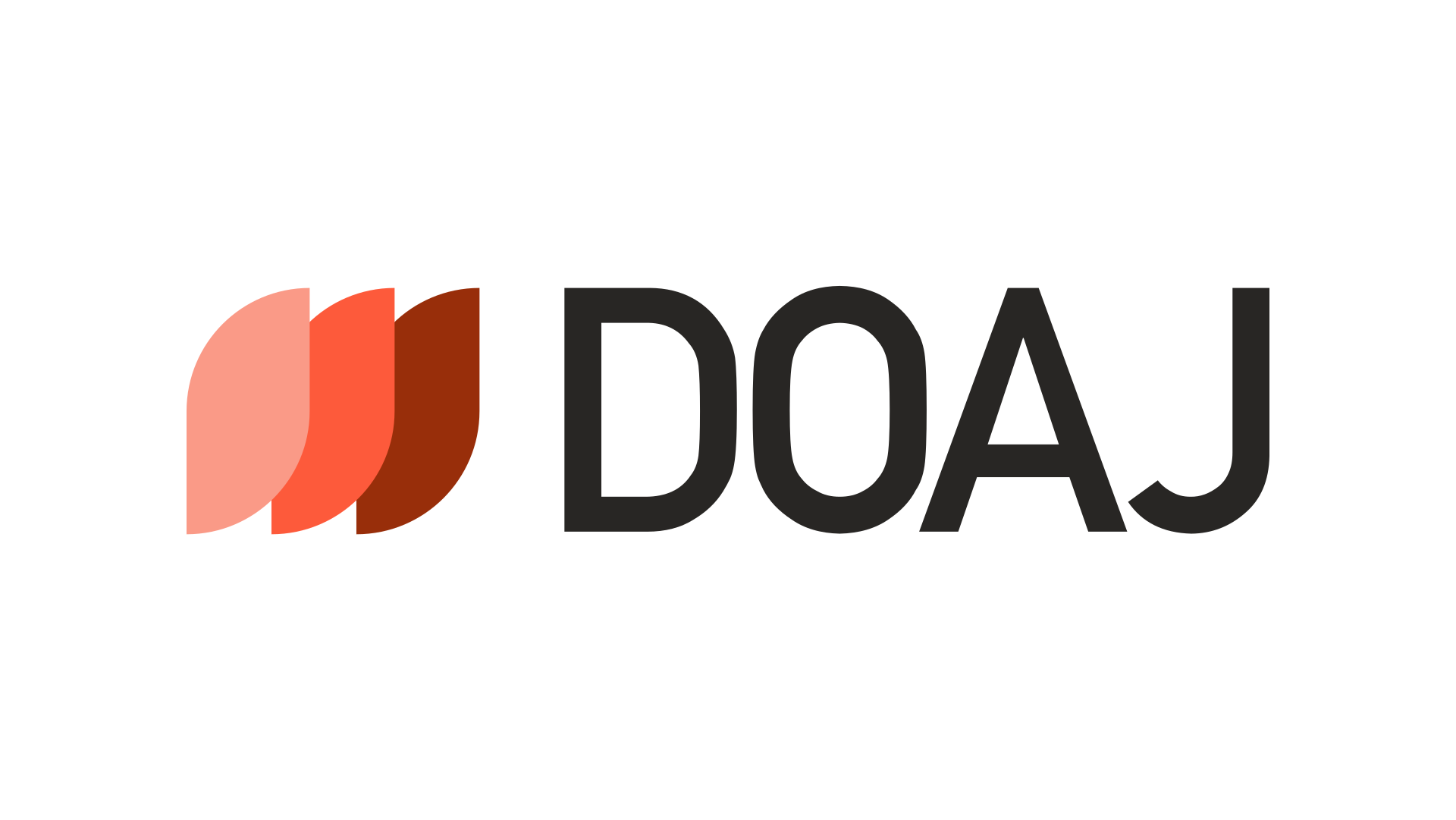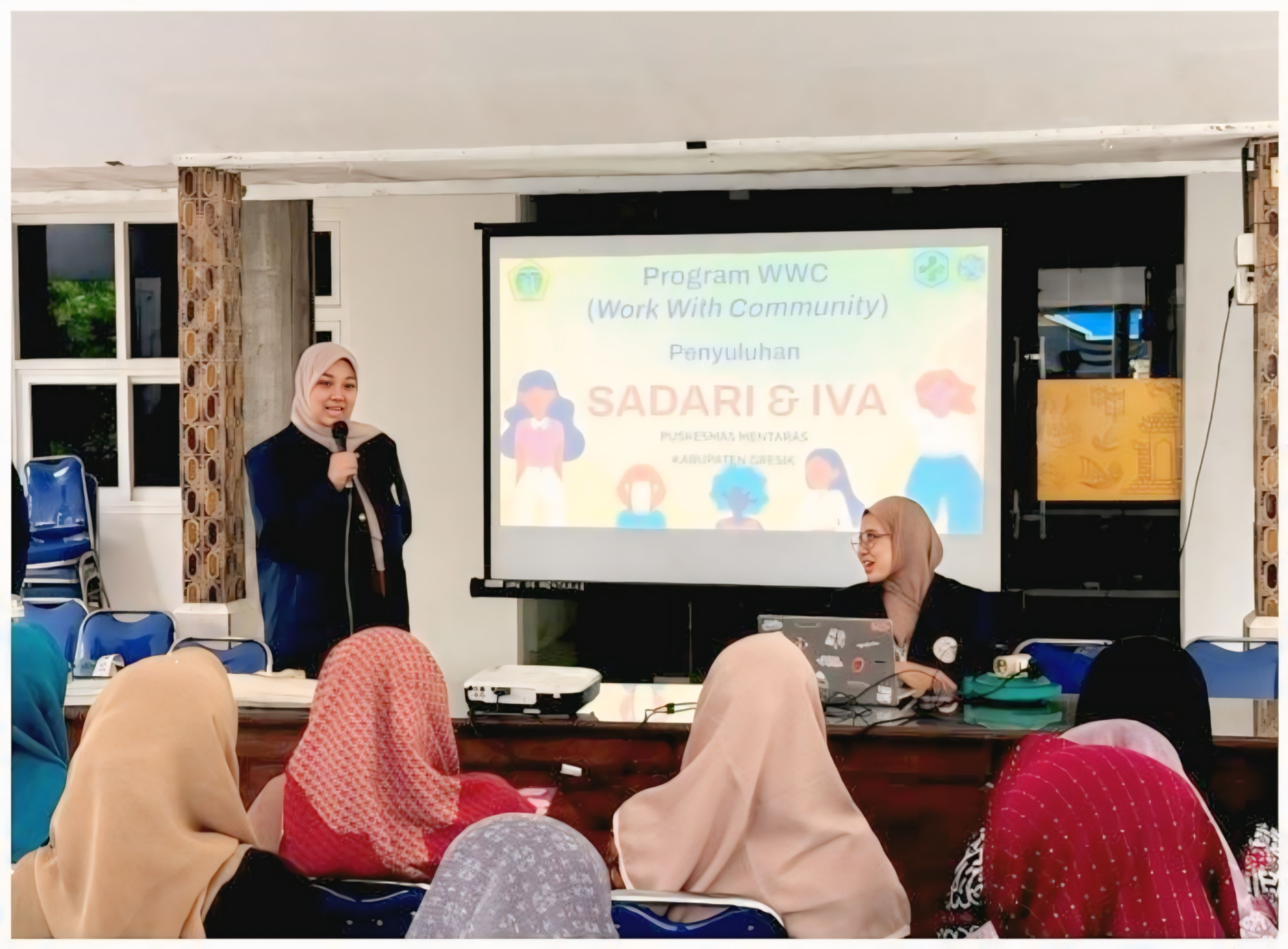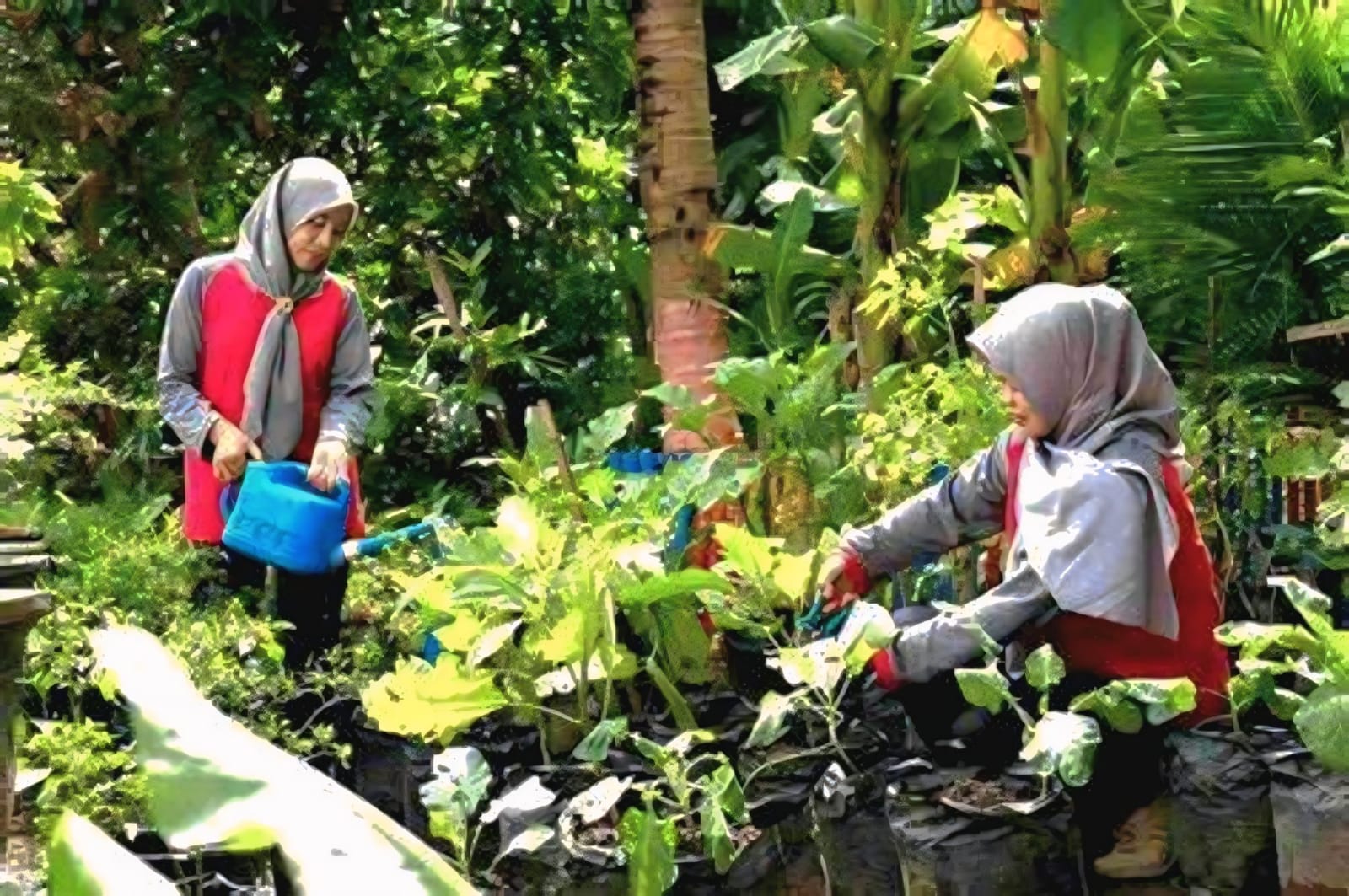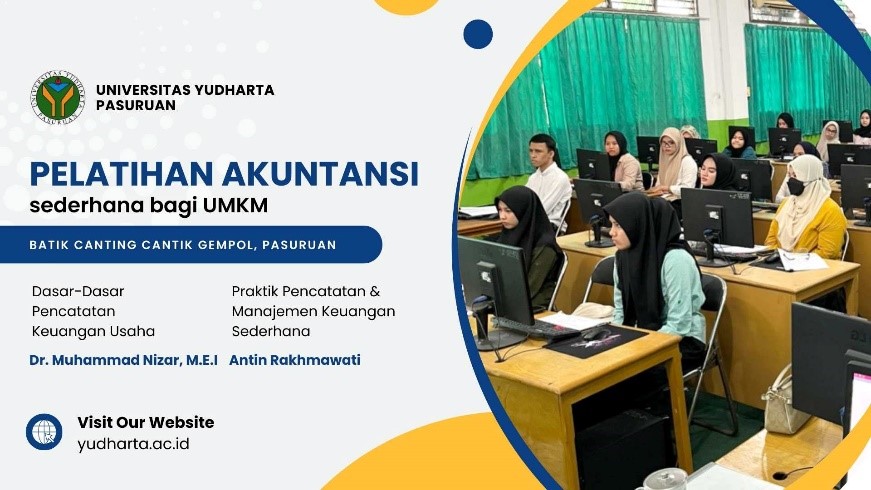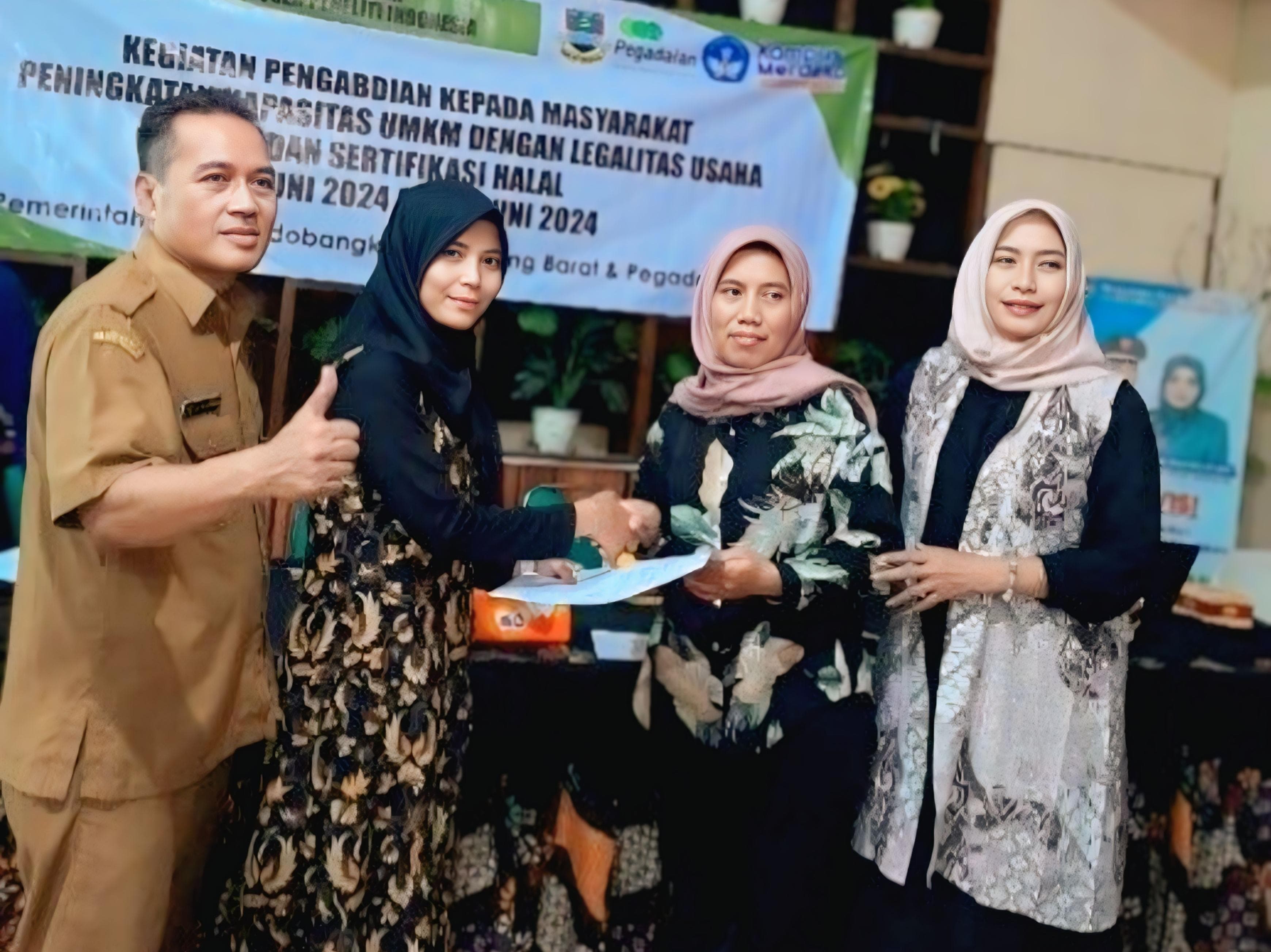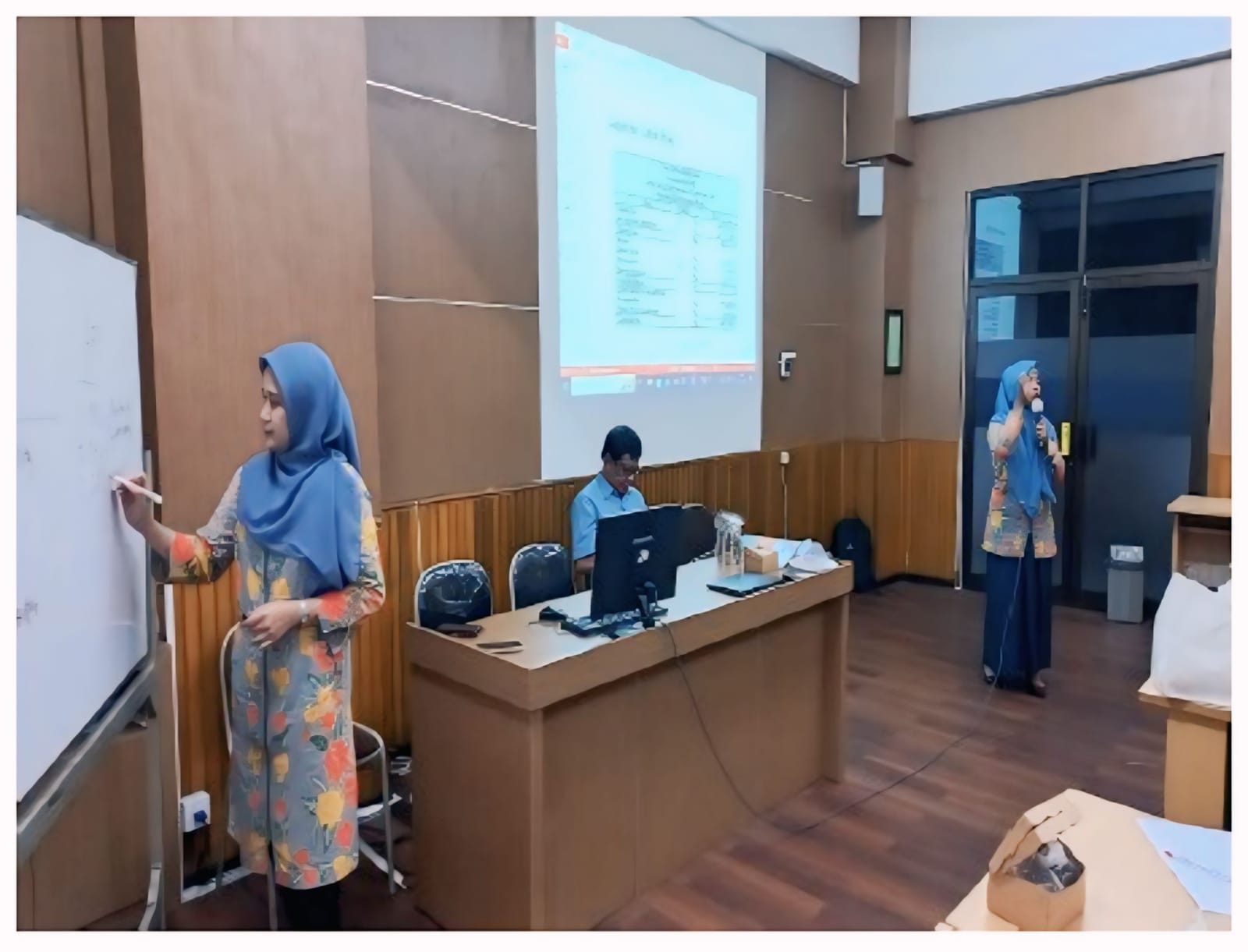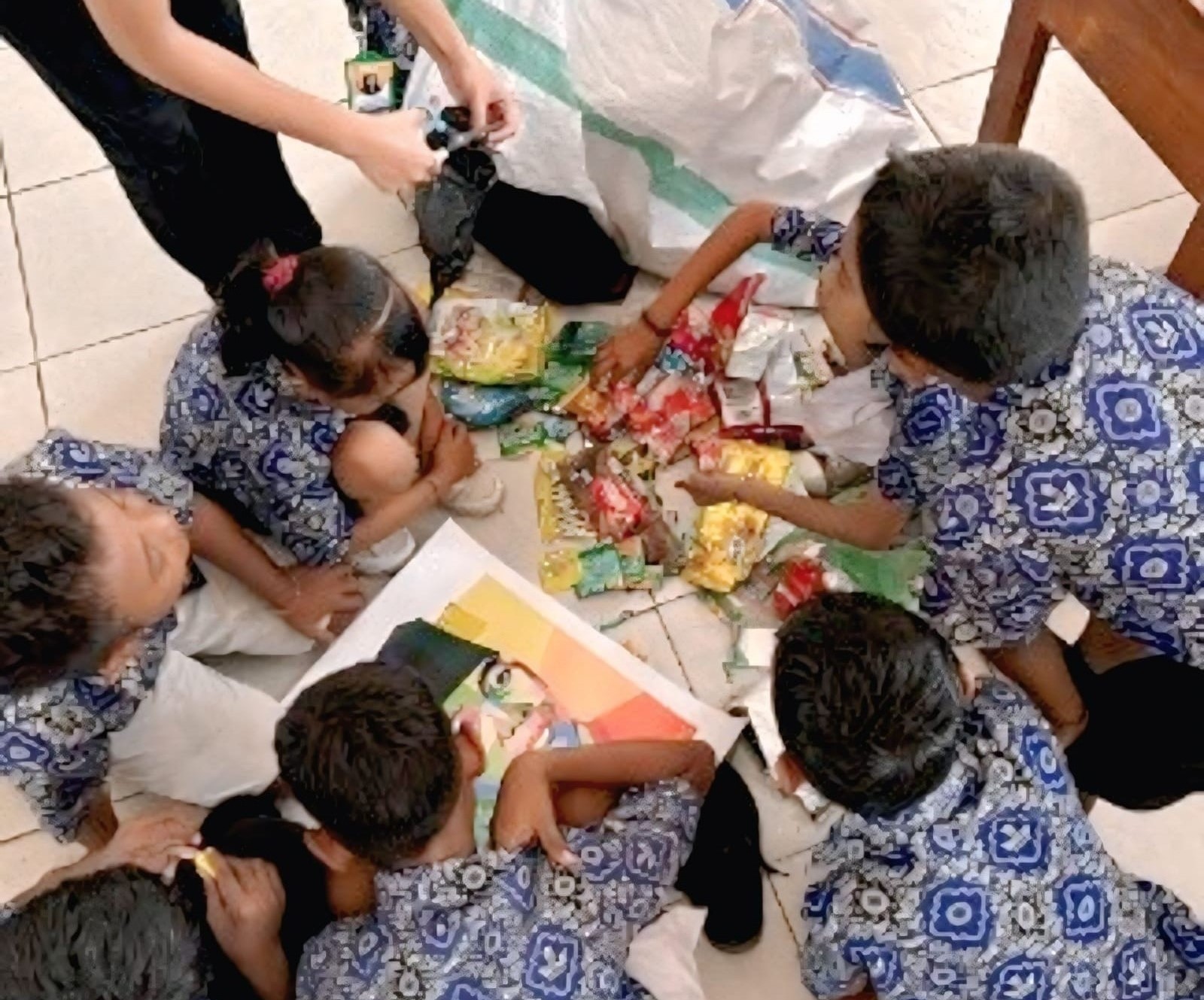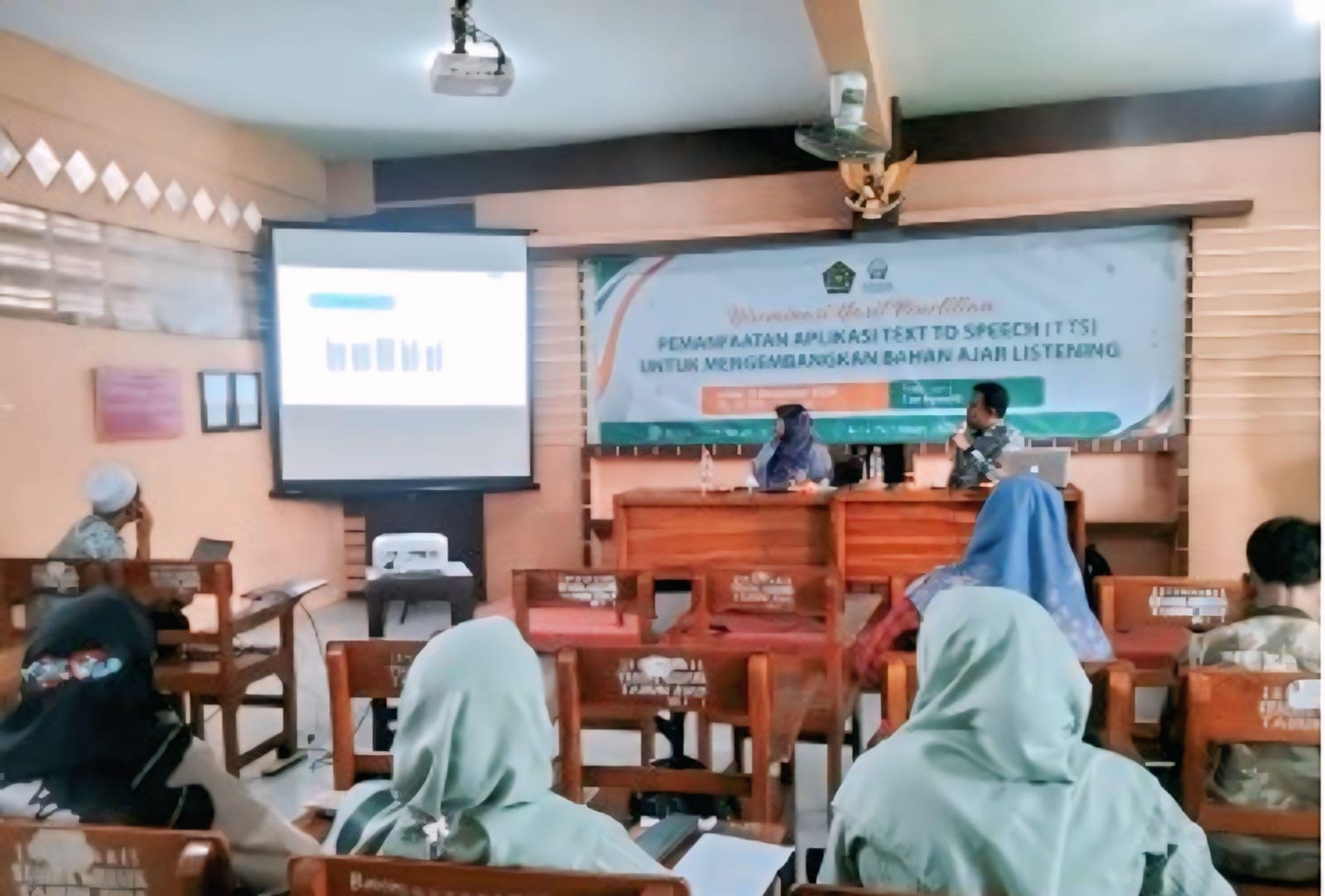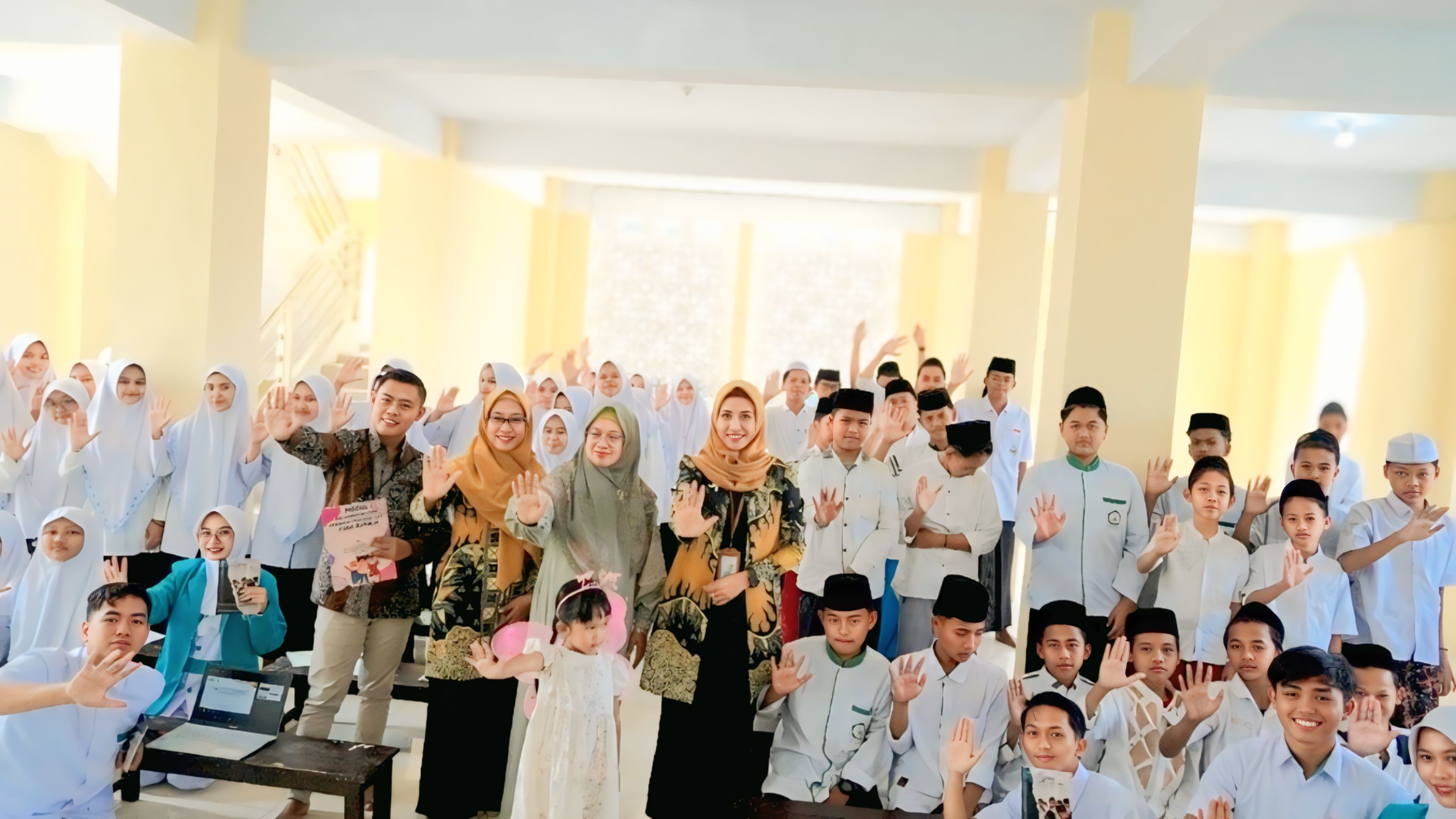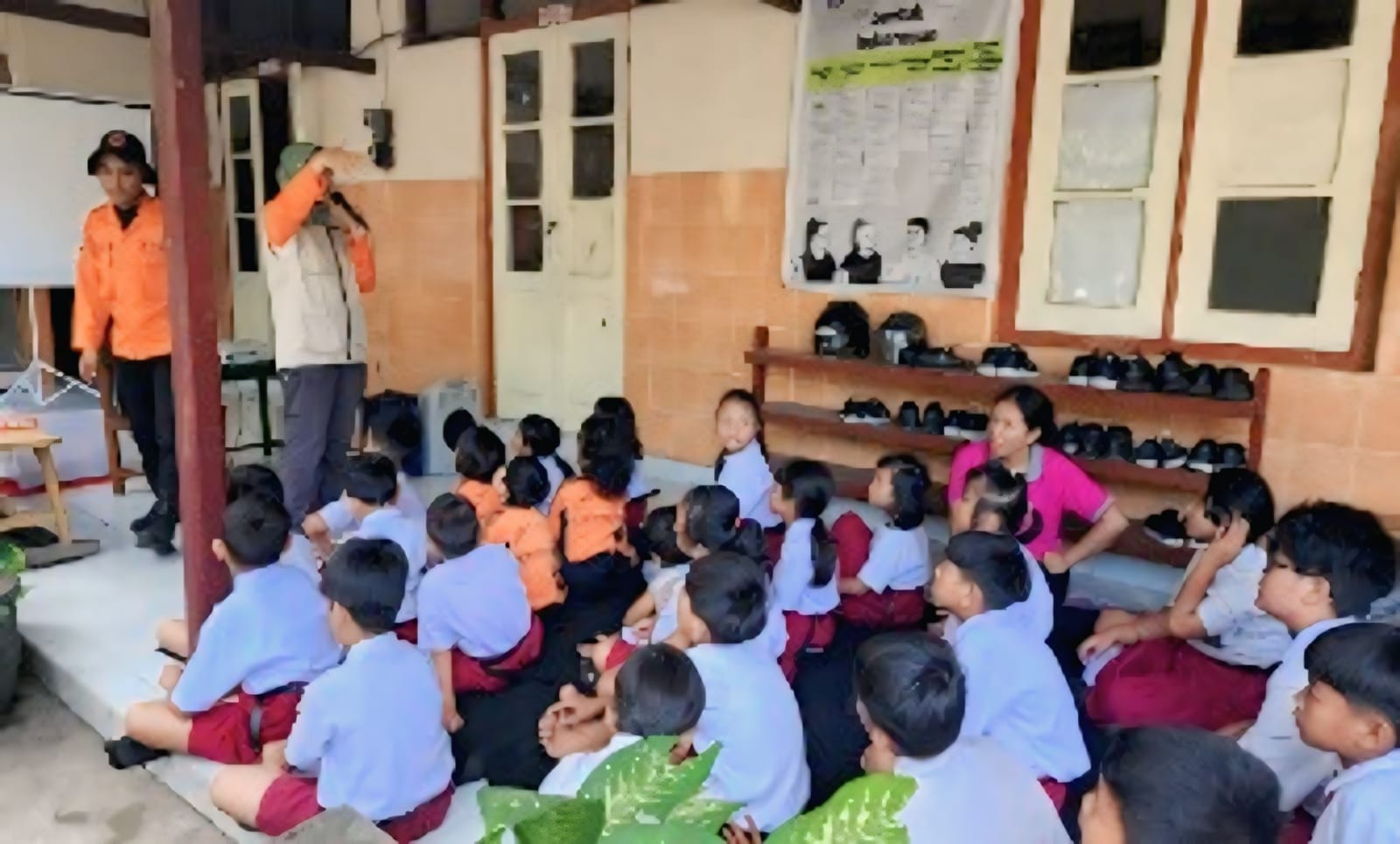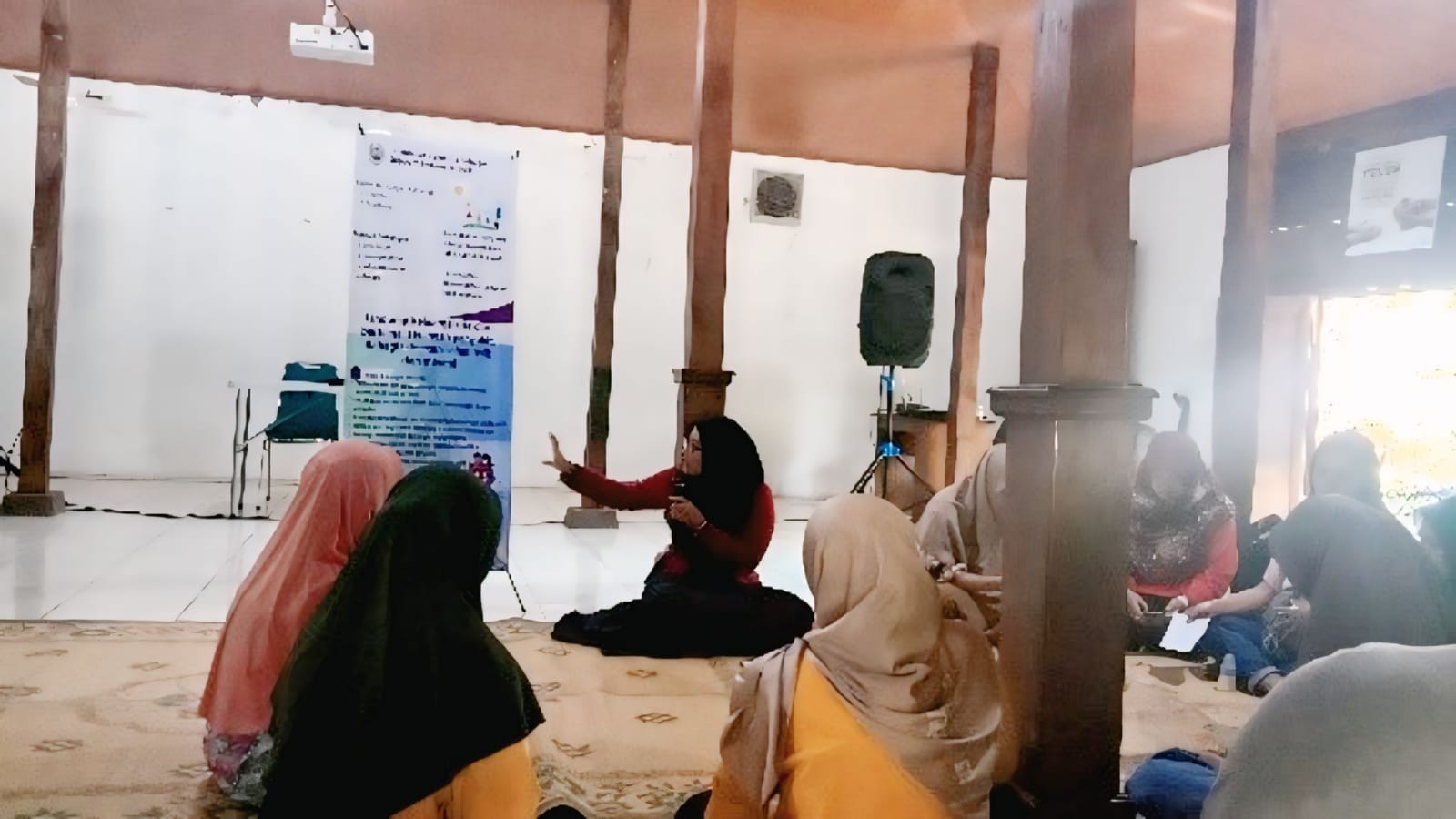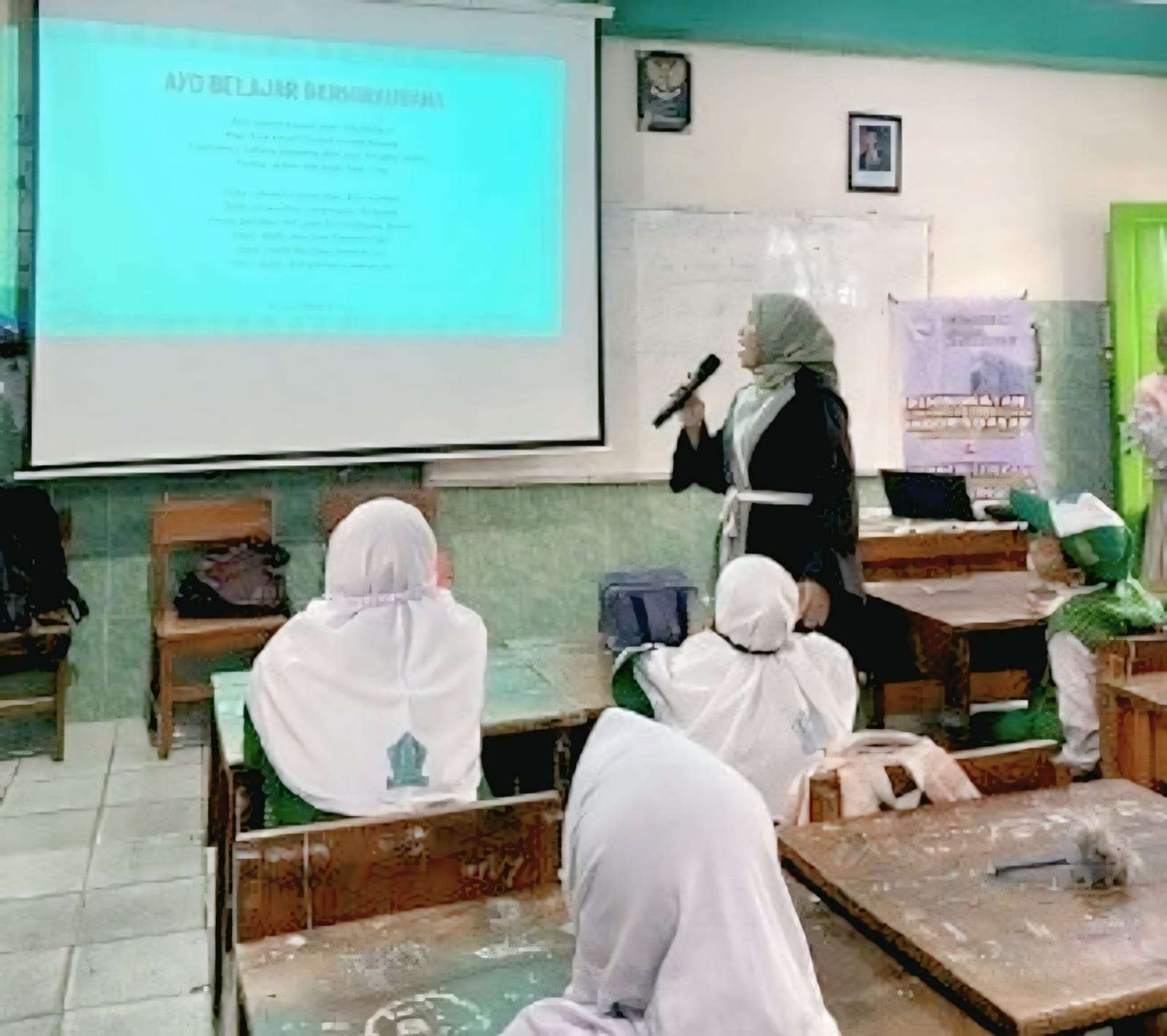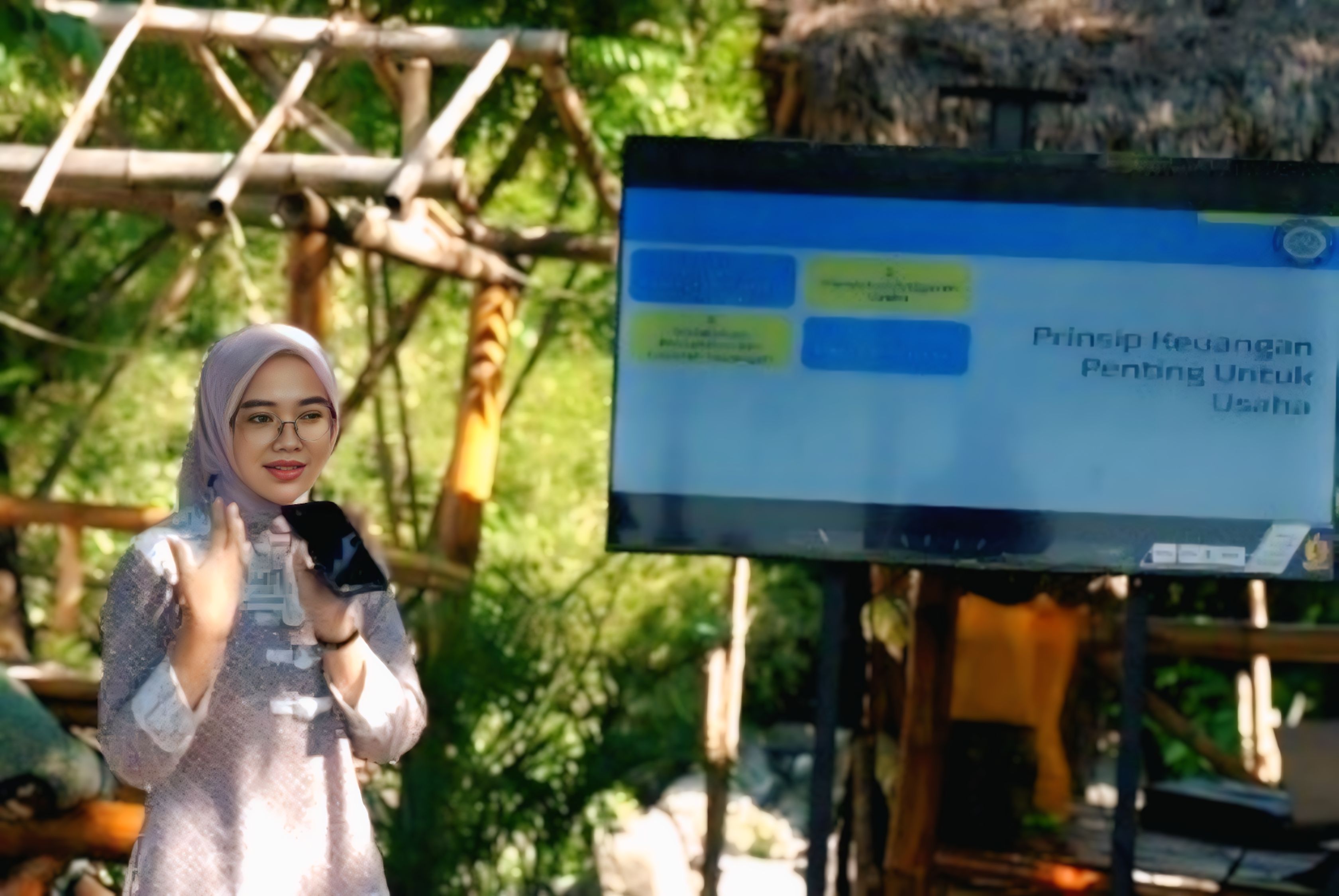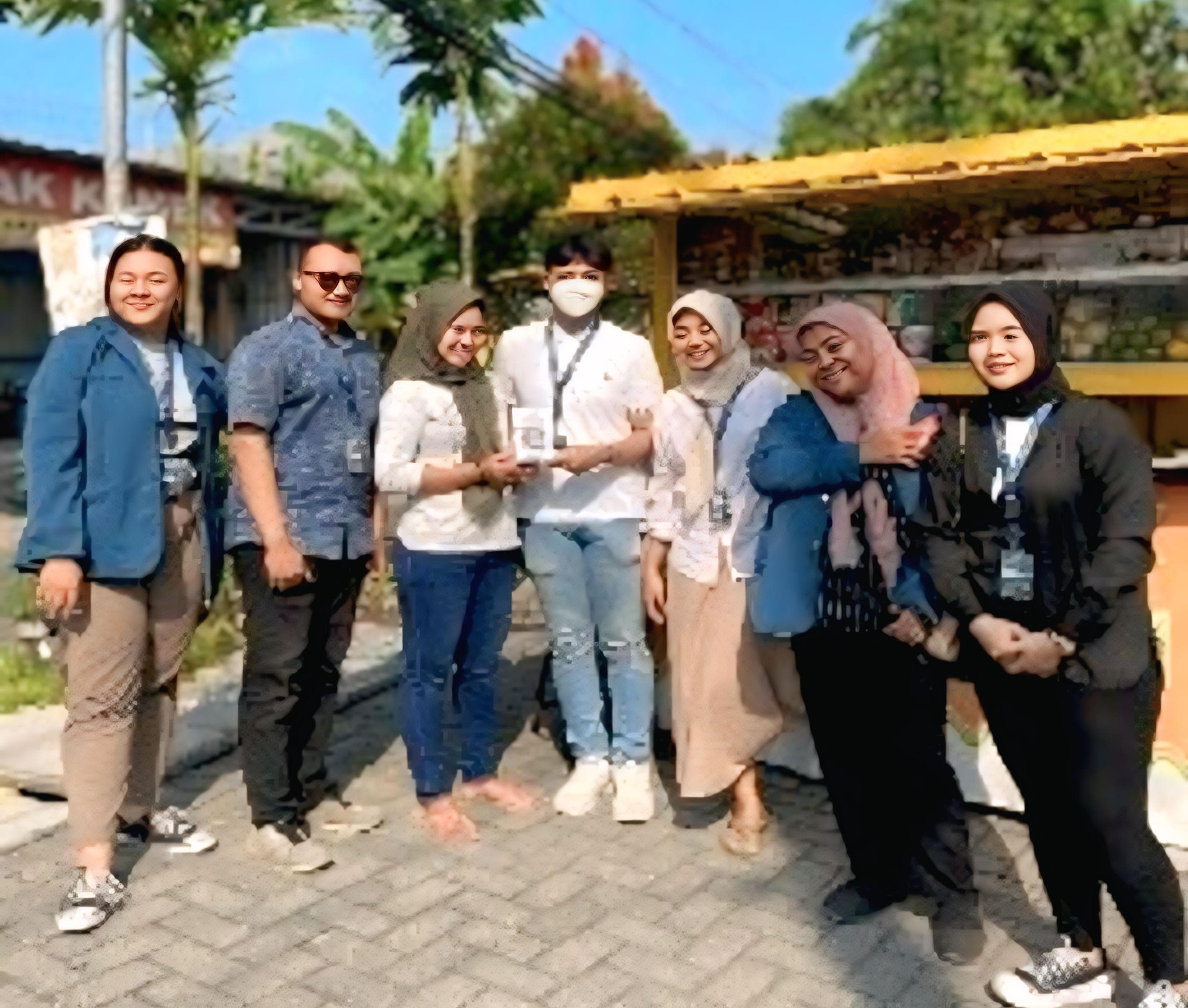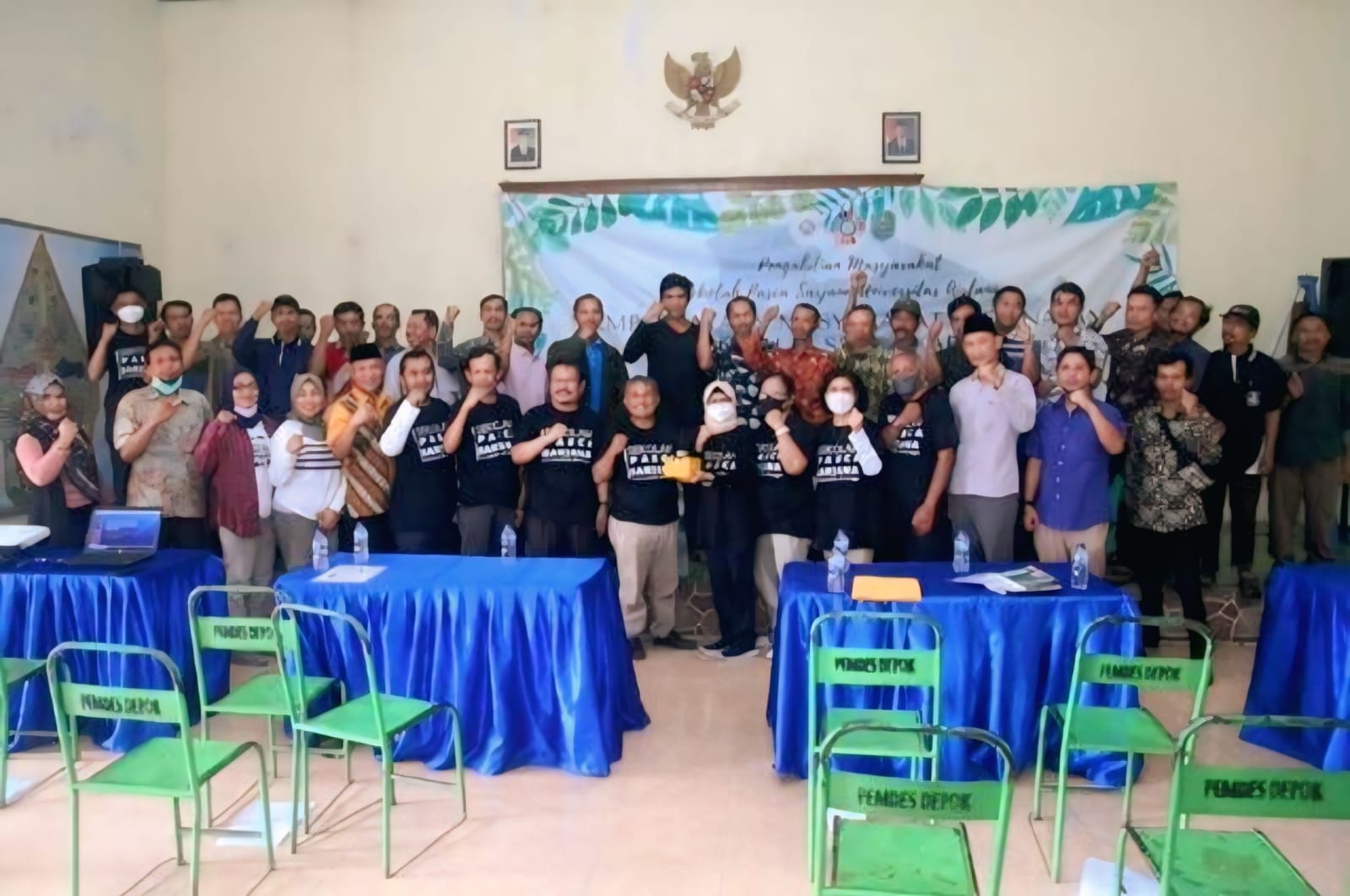APPLICATION OF BLOCKCHAIN BASED WAQF CROWDFUNDING IN FISHERMEN GROUP: CASE STUDY OF NAMBANGAN AND CUMPAT, SURABAYA
Downloads
Abojeib, M., Habib, F. 2019. In FinTech as a Disruptive Technology for Financial Institutions. USA: IGI Global. Pp. 221-240.
Adnan, M.A., Ajija, S.R. 2015. The Effectiveness of Baitul Maal Wat Tamwil in Reducing Poverty: The Case of Indonesian Islamic Microfinance Institution. Humanomics Vol. 31(2). Pp. 160–182.
Arif, M.N.R.Al. 2012. Wakaf Uang dan Pengaruhnya terhadap Program Pengentasan Kemiskinan di Indonesia. Jurnal Indo-Islamika Vol. 2(1). Pp. 17–29.
Arif, S. 2010. Wakaf Tunai sebagai Alternatif Mekanisme Redistribusi Keuangan Islam. La_Riba Vol. 4(1). Pp. 87–117.
Badan Pusat Statistik Kota Surabaya. 2017. Surabaya Dalam Angka. Surabaya: Badan Pusat Statistik Kota Surabaya.
Badan Pusat Statistik Jakarta Pusat. 2010. Statistik Indonesia Tahun 2010. Jakarta Pusat: Badan Pusat Statistik.
Raimi, L., Patel, A., Adelopo, I. 2014. Corporate social responsibility, Waqf system and Zakat system as faith-based model for poverty reduction. World Journal of Entrepreneurship, Management and Sustainable Development Vol. 10(3). Pp. 228–242.
Sari, A.K., Andrias, D.R. 2013. Faktor sosial ekonomi yang berhubungan dengan ketahanan pangan rumah tangga nelayan perkotaan di Surabaya. Media Gizi Indonesia Vol. 9(1). Pp. 54-59.
Shaikh, S.A., Ismail, A.G., Shafiai, M.H.M. 2017. Application of waqf for social and development finance. ISRA International Journal of Islamic Finance Vol. 9(1). Pp. 5–14.
Syam, T.R., SHI, M.S.I. 2007. Wakaf Tunai sebagai Salah Satu Sistem Perekonomian Islam. Tangerang: Cakim PA.
Thaker, M.A.M.T., Mohammed, M.O., Duasa, J., Abdullah, M.A. 2016. Developing cash waqf model as an alternative source of financing for micro enterprises in Malaysia. Journal of Islamic Accounting and Business Research Vol. 7(4). Pp. 254–267.
Zulaikha, S., Rusmita, S.A. 2018. Blockchain for Waqf Management. KnE Social Sciences Vol. 3(10). Pp. 1152-1158.
- The Author(s) hold the copyright of the article without restrictions
- Darmabakti Cendekia allows the author(s) to retain publishing rights without restrictions.
- The legal formal aspect of journal publication accessibility refers to Creative Commons Atribution-Non Commercial-Share Alike 4.0 (CC BY-NC-SA), implies that publication can be used for non-commercial purposes in its original form.



